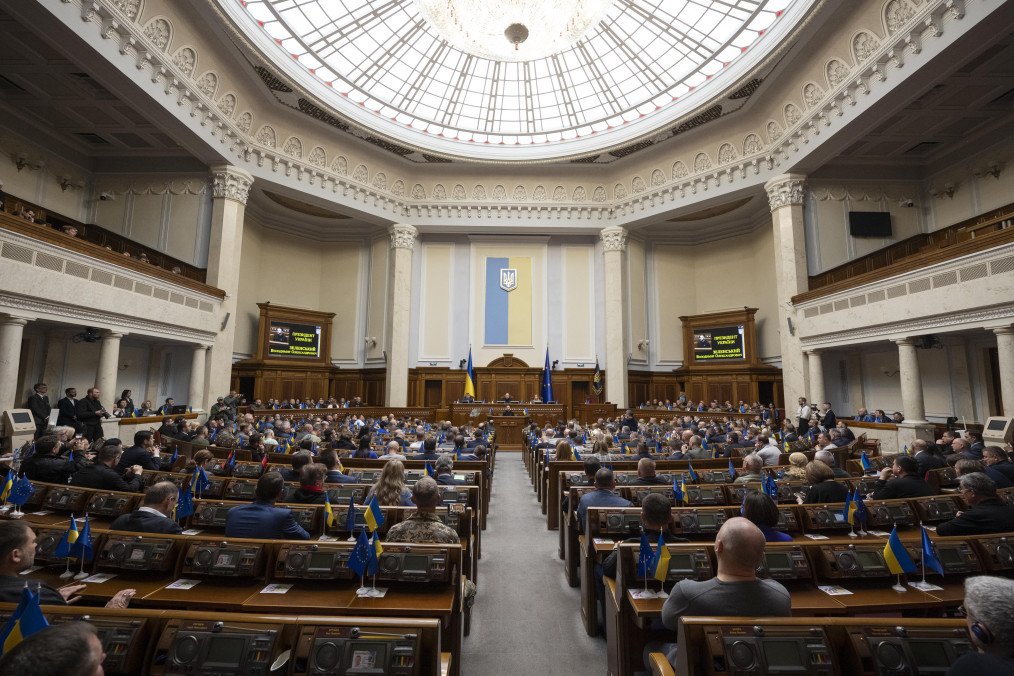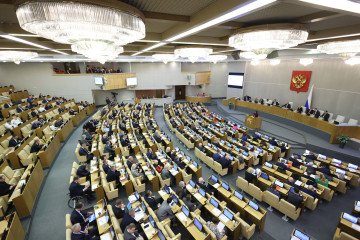- Category
- Latest news
Ukrainian Parliament to Integrate Artificial Intelligence in Legislative Process

On December 2, 2024, Ukraine’s Verkhovna Rada , announced its decision to integrate artificial intelligence (AI) into its operations. This step is part of the ongoing modernization efforts aimed at enhancing legislative procedures and improving efficiency in the parliamentary system.
During an online seminar on AI implementation, members of the Ukrainian Parliament, along with staff from the Verkhovna Rada and representatives from European Union countries and Norway, discussed the best practices of AI usage in legislative activities.
The event, which focused on sharing experiences from the European Parliament, the Parliaments of Greece, Norway, and Germany, highlighted the potential benefits AI can bring to parliamentary functions.
Alexei Sydorenko, the Head of the IT Department at the Verkhovna Rada, shared insights on how Ukraine has continued to ensure the smooth operation of Parliament despite ongoing challenges, including missile strikes, cyberattacks, and power outages.
He emphasized that, despite these threats, the Verkhovna Rada has maintained high levels of cybersecurity and uninterrupted operation.
“Despite the ongoing war, we have ensured the secure remote handling of electronic documents and law drafts, as well as remote participation in meetings through video conferencing. These solutions have become part of our daily routine,” Sydorenko noted.
He added that the Ukrainian Parliament is ranked among the top 15 in the world for digital governance, according to the World e-Parliament Report 2024.
The ongoing development of a strategy for creating an innovative digital Parliament is central to the integration of AI. This strategy includes specific objectives for implementing AI technologies, including improving legislative analysis, automating routine processes, and enhancing document classification and summarization.
Ludovic Delépine, Head of the Innovation Centre at the Inter-Parliamentary Union, commended the Ukrainian Parliament for its resilience during the war and emphasized the need to focus on security and cybersecurity. He also noted that AI could play a key role in post-war recovery efforts.
Fotis Fitsilis, Head of the Department of Scientific Documentation and Monitoring at the Greek Parliament, discussed the role of AI in enhancing parliamentary workflows, particularly in speech recognition and machine translation, which could support the legislative process.
Sydorenko also pointed out that aligning Ukrainian legislation with EU standards is a priority, and AI could aid in the quick translation of legislative acts, ensuring smooth integration with EU legal frameworks.






-5c4bc30190eb259931ff30396eca6d3f.jpg)
-c439b7bd9030ecf9d5a4287dc361ba31.jpg)
